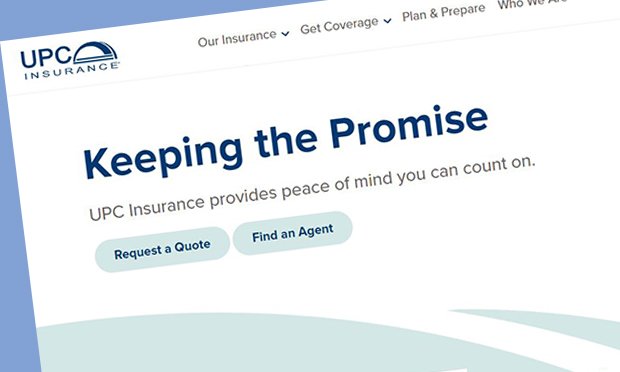 "United was deemed insolvent on February 6, 2023, because if all of the assets of United, if made immediately available, would be insufficient to discharge all of the liabilities of United. … [The OIR] has determined that United is operating in an unsound condition that is hazardous to policyholders, creditors, stockholders and the public," Virginia Christy, director of the office's Property & Casualty Financial Oversight unit, said in an affidavit.
"United was deemed insolvent on February 6, 2023, because if all of the assets of United, if made immediately available, would be insufficient to discharge all of the liabilities of United. … [The OIR] has determined that United is operating in an unsound condition that is hazardous to policyholders, creditors, stockholders and the public," Virginia Christy, director of the office's Property & Casualty Financial Oversight unit, said in an affidavit.
Interim Insurance Commissioner Michael Yaworksy sent a letter to state Chief Financial Officer Jimmy Patronis to trigger a process that will lead to seeking court approval to place the St. Petersburg-based insurer into receivership, according to documents posted on the Office of Insurance Regulation website. UPC agreed to the move.
Recommended For You
Want to continue reading?
Become a Free PropertyCasualty360 Digital Reader
Your access to unlimited PropertyCasualty360 content isn’t changing.
Once you are an ALM digital member, you’ll receive:
- Breaking insurance news and analysis, on-site and via our newsletters and custom alerts
- Weekly Insurance Speak podcast featuring exclusive interviews with industry leaders
- Educational webcasts, white papers, and ebooks from industry thought leaders
- Critical converage of the employee benefits and financial advisory markets on our other ALM sites, BenefitsPRO and ThinkAdvisor
Already have an account? Sign In Now
© 2025 ALM Global, LLC, All Rights Reserved. Request academic re-use from www.copyright.com. All other uses, submit a request to [email protected]. For more information visit Asset & Logo Licensing.








